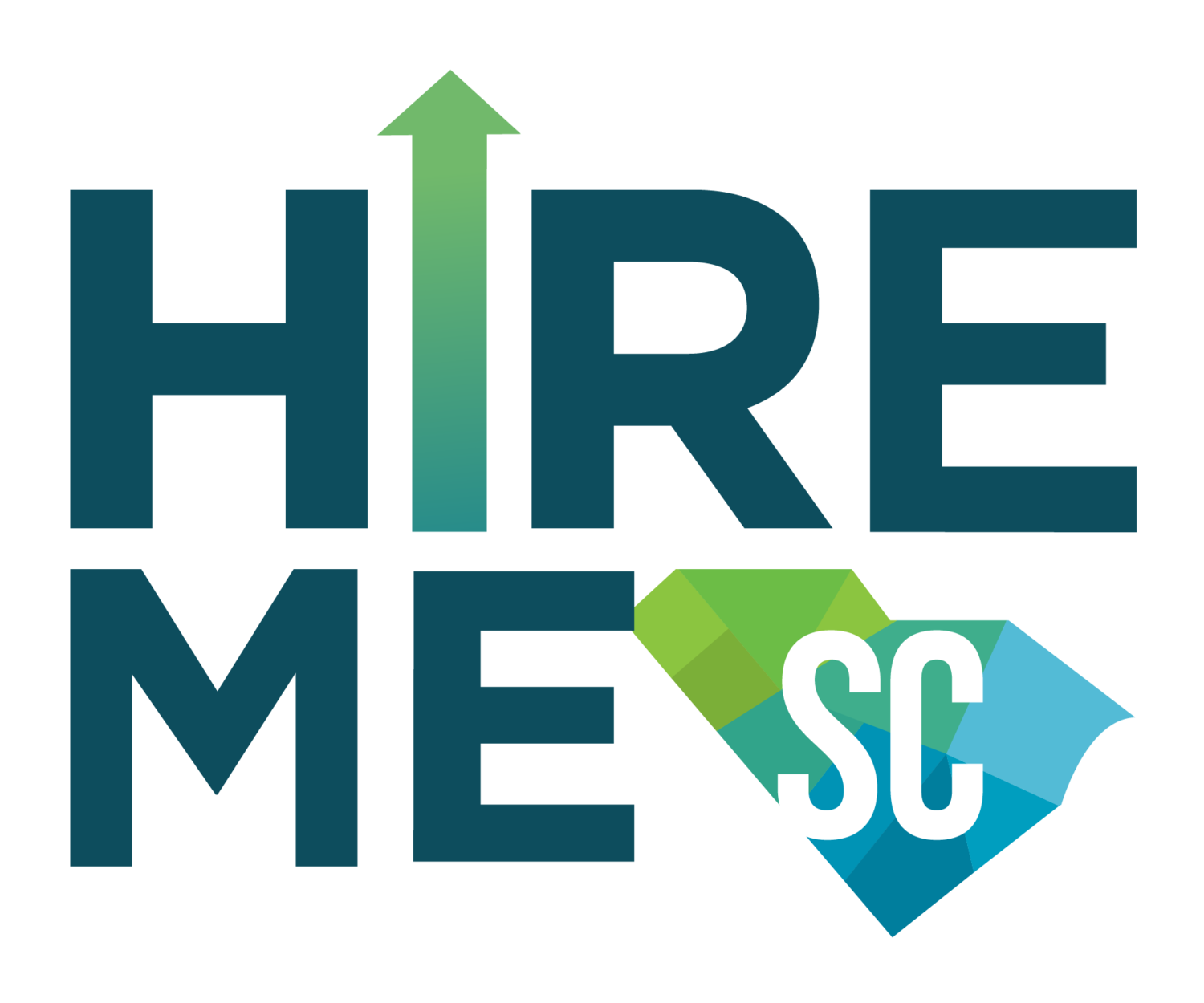Preparing Your Family Member with a Disability for the Workforce
Individuals with disabilities — like those without disabilities — want to contribute to society and work in jobs that are meaningful to them. When a person with a disability is taught self-advocacy and self-awareness, they are better able to understand what type of job they would like to have and how to be successful in that field.
Preparing your loved one with a disability for the workforce starts at home, and teaching self-awareness is a wonderful starting point. It is vital that a person with a disability has a clear understanding of their disability and how it affects their life. Without this self-awareness, a person with a disability will be unable to self-advocate, educate others about their disability or needs, and learn strategies that will help them perform at their highest potential.
If your family member with a disability is not self-aware, it will be hard for them to identify what job would be meaningful to them and what needs they should consider when searching for a job. Being self-aware means we understanding our experiences as an individual and having the ability to determined and express your values, beliefs, and needs. After self-awareness and self-advocacy are taught, they can be continually developed and will empower people to feel confident in themselves when performing everyday and work-related tasks.
Preparing your family member with a disability for the workforce can start at home. Some examples of ways to prep your family member or loved one for employment are:
Require your loved one to complete household chores and tasks, both daily and weekly, to teach responsibility.
Teach them a task that is similar to one they may complete while working a job— like mowing the lawn, organizing their room, or following a recipe and cooking dinner.
Have them volunteer or do vocational training, so they can learn what jobs they enjoy, get hands-on experience, and build their resume.
Talk about budgeting and task them with chores, like grocery shopping or paying a bill, to help them learn how to manage money.
Ask them to complete a task within a certain amount of time to teach time management skills.
It is never too late to prepare someone for the workforce, and you should always feel empowered to do so. To learn more about employment rights for people with disabilities and to view success stories, visit the Hire Me SC Job Seeker Resource page.

